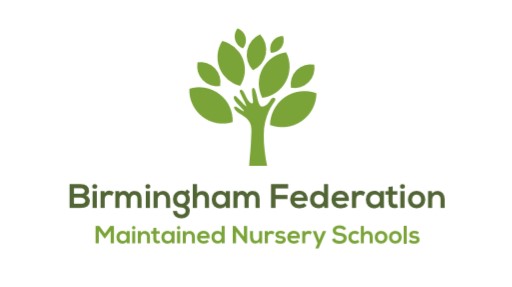What is a Forest School?
A Forest School approach has developed from the Scandinavian education system and is about children building self-esteem and independence through exploring and experiencing the natural world. Forest School is a long term programme delivered by trained practitioners within a natural environment (not necessarily a Forest!). Each Forest School programme is tailored to meet the needs of individuals within that group and is continuously developed as the children grow in confidence, skills and understanding.
The ethos of Forest School allows learners the time and space to develop skills, interests and understanding through practical, hands-on experiences. It also allows practitioners to step back and observe the children in order to then encourage and inspire individuals to achieve through careful scaffolding and facilitating.
When and where will Forest School happen?
These activities take place during the school day at Dyson Gardens. There is an area that is surrounded by trees, plants and bushes to allow the children to be at one with nature. Full risk assessments have been carried out for all activities.
Who leads Forest School?
The sessions are led by a Forest School level 3 teacher who is first aid trained.
What will my child need/wear?
The children will change into their Forest School clothing provided by nursery, they will have a full waterproof suit to put over their own clothes and a pair of wellington boots. Children must be protected from the weather, layers of clothing is better than one thick item of clothing. Old clothes are best as children WILL get dirty.
What will my child be doing?
The Forest School routine includes; preparing to go out by dressing in their waterproofs, walking to the forest school and singing a special forest school song.
Forest School will run all year round and in all weathers (unless the weather conditions are dangerous). The child led ethos of Forest Schools means that once at the site the children can choose what to participate in, carefully supported and encouraged by adults.
Possible activities may include:
- Hunting for mini-beasts
- Natural crafts - making bracelets, crowns or dreamcatchers from sticks, flowers and leaves, collages from natural materials, etc
- Mud exploration, mud kitchen, mud sculptures
- Shelter and den building
- Tree climbing
Forest School
- Using tools for a purpose - such as peeling bark from sticks with potato peelers
- Fire building
- Cooking on a camp fire
These skills are very carefully introduced over time with a high level of adult support. The sessions also allow lots of opportunities for the children to reflect upon their experiences, discussing what they have achieved and planning what they would like to do next. Children are encouraged to solve problems for themselves and work with their peers as part of a team. Activities are designed to increase children's self-esteem and self-awareness along with many other skills.
The earlier sessions will concentrate on safety, establishing boundaries and routines. As the children develop in confidence and familiarity with the environment the sessions focus on the development and consolidation of skills and understanding.
What are the benefits of Forest School?
Forest School covers all aspects of children's learning.
- Social development-problem solving, communicating, sharing and working together
- Physical- fine and gross motor skills, movement
- Speaking and listening skills
- Healthy lifestyle-being outdoors and active
- Understanding the world-becoming aware of the world around us, and taking care of their environment
- Respect- children take ownership of their own area
Here are just five ways (of many) that mud can benefit children.
- Did you know that studies have shown dirt to be good for our brain? There are types of bacteria that are naturally found in soil which activate the neurons that produce serotonin - a key chemical in many bodily functions, as well as a natural anti-depressant. In other words, dirt can actually help make us feel happy.
- Dirt is also great for the immune system, especially in children. research has shown that early exposure to the naturally occurring microbes in soil will help build stronger, more disease-resistant children.
- In our technologically generation, children just aren't getting enough time to play outside, and that has now been linked to attention disorders and obesity.
- Children who play outside laugh more, which means they're happy!
- Children who play outside grow in their character development: they become more adventurous, more self- motivated, and they are better able to understand and assess risk.




